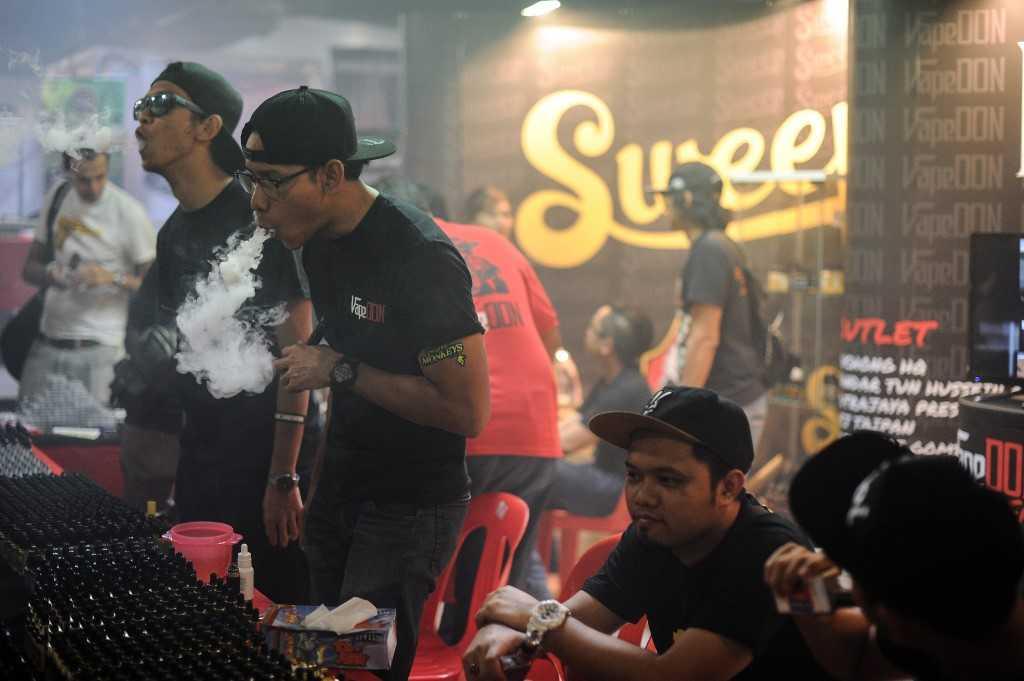'Nothing to stop them': Parents worry about addict children after govt delists nicotine
They say the law itself will give them 'the green light' to vape if nicotine is delisted as a controlled substance under the Poisons Act.
Just In
Rudziah's son Akmal was just 16 years old when he made his first vape purchase, after watching videos of the practice on YouTube.
Now, Akmal is 19, and his mother fears that he is addicted.
"He used to spend all his time playing PUBG," she said, referring to the popular video game.
"But now, all he wants to do is vape."
Akmal started off with watermelon and tropical mango flavoured vape with a nicotine strength of 2%, buying the cartridges online or at nearby stores.
By the time he had finished secondary school, he was using an e-cigarette device containing up to 12.5% nicotine.
Rudziah, who runs a hair salon in Kota Warisan, Selangor, said she had heard that this amount was considered very high and was far over the legal limit.
Last week, the health ministry said it had delisted liquid or gel nicotine as a poisonous substance, a move which critics said would open the floodgates to problems linked to an expected increase in youth and children addicted to the substance through vape.
The decision came ahead of a tax on vape products announced in the 2023 budget.
Muhammad Shahrudin, from Setapak in Kuala Lumpur, said his two oldest children began vaping last year at the age of 17 and 19 respectively.
Speaking to MalaysiaNow, he said they had easy access to e-cigarette devices at the shops near the family's apartment.
"My daughter is always showing me the colour changes in her e-cigarettes, or the customised icons on the screen. Some of them are imported from abroad.
"This is truly an epidemic for our teenage children. Why exempt nicotine from the Poisons Act?" he said, adding that his daughter had developed asthma after she began vaping.
Dr Sharifah Maya, a medical doctor with three children, said the medical profession had long been manipulated by the tobacco industry.
She added that the government's move would only add to the burden on the public health sector.
"We need to remember that children and adults are wired differently," she said.
"Children get addicted to nicotine much more quickly than adults. Exempting nicotine from the Poisons Act is a big concern for the country."
Sharifah's youngest child who is only 15 years old has already said several times that he wants to try vape after seeing his older brother and others around him use e-cigarette devices.
In order to deter him, Sharifah and her husband doled out many lectures and told him that he would get in trouble with the authorities if he vaped at such a young age.
"If the nicotine exemption goes through, what will he have to fear?" Sharifah said.
"The law itself will give him the green light to vape. We know what will happen if this continues. It's clear. So the government should think twice about this."
Subscribe to our newsletter
To be updated with all the latest news and analyses daily.
